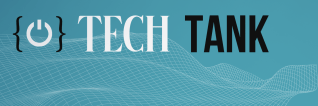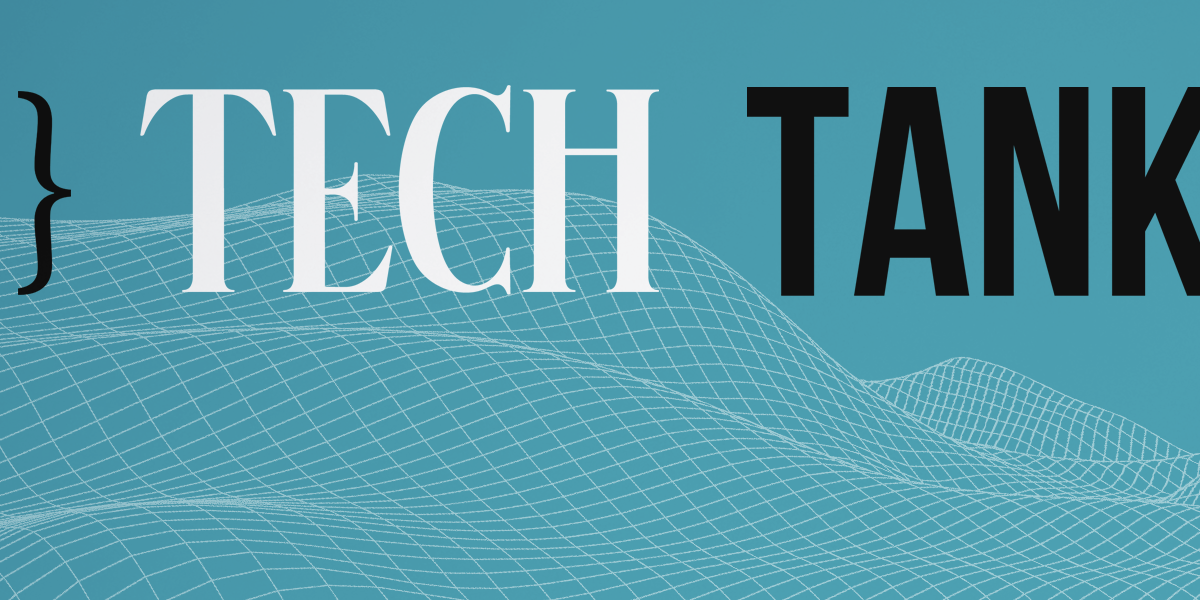
The TechTank Podcast launched two years ago on August 6, 2020. In the last two years, we have brought you all the latest conversations with experts around technology and telecom, breaking down complex issues into palatable bits—not bytes. To commemorate two years of thought-provoking conversations on everything from STEM to semiconductors, the Metaverse to misinformation, and racial biases in algorithms to the future of work. Here are some highlights of episodes over the last year:
Taylor Lorenz, then-technology reporter for The New York Times and affiliate at Harvard’s Berkman Klein Center for Internet & Society, joined host Samantha Lai to discuss how young people use the internet and how influencer culture works. The pair discussed algorithmic discrimination, misinformation, and the exploitation of children online.
When Facebook changed its name to Meta last year, many people began asking questions about what the “Metaverse” meant. However, as host Darrell West discussed with Tom Wheeler, a visiting fellow in Governance Studies at Brookings and Katherine Cross, a Ph.D. student in the Information School at the University of Washington, the Metaverse is more than just one company. In this episode, experts discuss concerns over privacy, security, virtual content moderation, the sale of virtual goods, and data ownership in the Metaverse.
The COVID-19 pandemic continues, as well as emerging concerns over new epidemics such as monkeypox. As a result, vaccine passports, or digital health certificates, have risen in popularity. Nicol Turner Lee comments on this trend with Mark Hall, a nonresident senior fellow at Brookings and the director of the Health Law and Policy Program at Wake Forest University’s School of Law; Jay Stanley, a senior policy analyst at the ACLU Speech, Privacy, and Technology Project and editor of the ACLU’s Free Future blog; and Emily Skahill, a former research assistant at the Center for Technology Innovation at Brookings. Together, they discuss personal health data privacy concerns with vaccine passports.
Nicol Turner Lee asked Michael Hansen, a senior fellow at the Brown Center on Education Policy and the Herman and George R. Brown Chair of Governance Studies at Brookings; Nicolas Zerbino, a research analyst at Brookings’s Brown Center on Education Policy; and Kimberly Scott, a professor of Women and Gender Studies in the School of Social Transformation at Arizona State University and the founding executive director of ASU’s Center for Gender Equity in Science and Technology a big question: “Can policymakers level the playing field in the computer sciences?” In this podcast, experts discuss Hansen and Zerbino’s new report, contemplating what is needed to expand computer science education and make sure that all students can participate and succeed in the economies of the future.
Rep. Ro Khanna (D-CA) spoke with host Darrell West about his new book, “Dignity in a Digital Age: Making Tech Work for All of Us.” Congressman Ro Khanna represents the Silicon Valley area and served as Deputy Assistant Secretary of Commerce in the Obama administration. In this episode, Congressman Khanna discusses how technology has accentuated economic and geographic disparities, widened the digital divide, and threatened personal privacy. He also describes “progressive capitalist” policy actions needed to address those issues. That includes expanding broadband infrastructure, funding semiconductor chips manufacturing, and empowering workers to moderate the use of surveillance technology.
All of these issues continue to resonate throughout time, so if you missed an episode, now is a great time to go back and listen. And thank you, to all our subscribers, for coming along for the ride. We look forward to talking and learning more about the always-evolving tech landscape with you.
Going forward, disinformation is ramping up in light of the midterm elections, and emerging technologies continue to lack the safeguards to protect against discrimination and inequalities. Meanwhile, Congress and the Biden administration continue to work on important tech policy issues, such as protecting consumer privacy and closing the digital divide. We will continue to cover all of these topics and more on TechTank. Stay tuned to the TechTank Podcast by subscribing to the TechTank newsletter and catching the next episode—available everywhere podcasts are found, including Apple Podcasts, Spotify, and Acast.
Meta is a general, unrestricted donor to the Brookings Institution. The findings, interpretations, and conclusions posted in this piece are solely those of the authors and not influenced by any donation.


